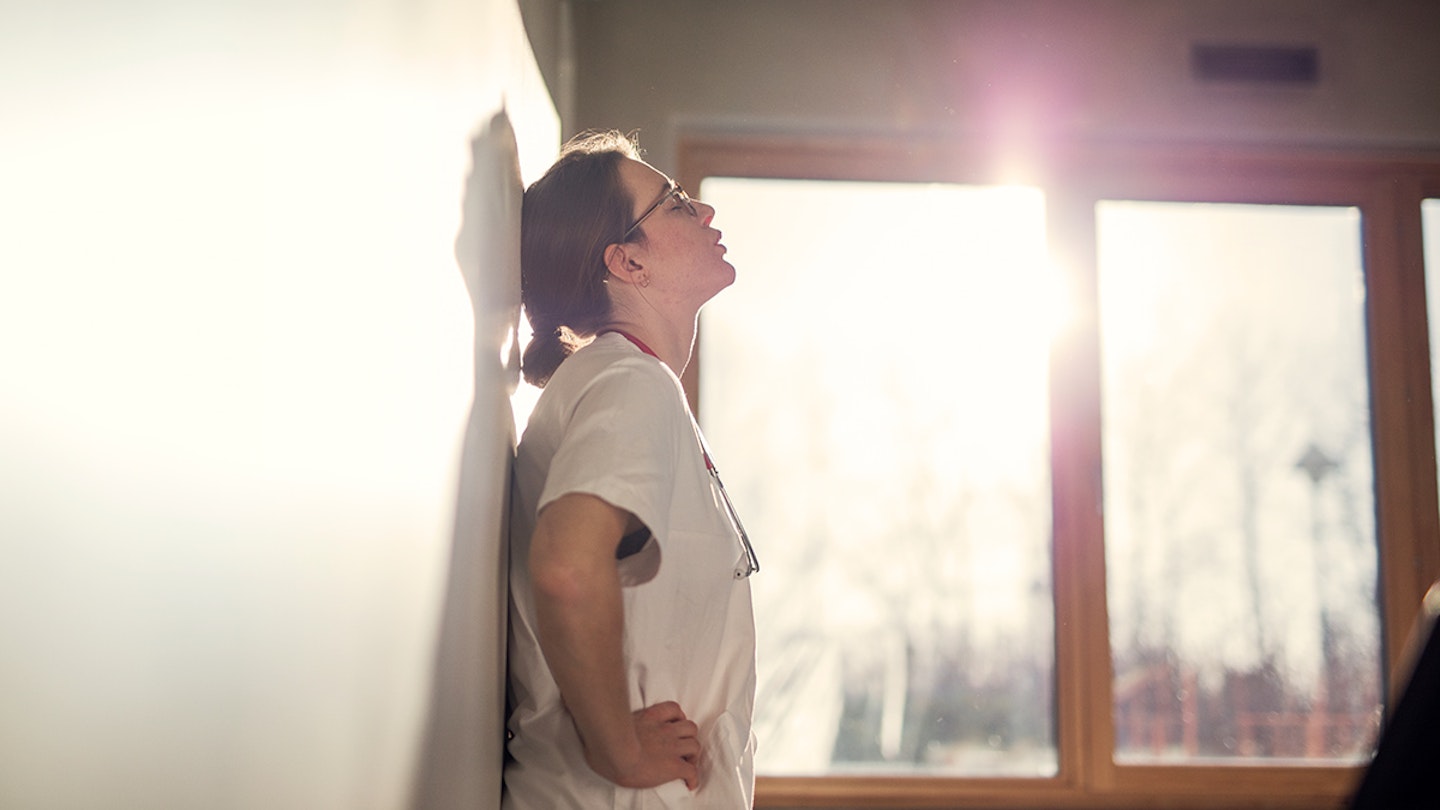The NHS has been there to look after us since the moment we were born. And on that very special day when you give birth to your baby, the incredible NHS nurses, midwives and doctors will be beside you every step of the way. If you’ve switched on the news or read the headlines in the past few months, you’ll know it’s no secret that the NHS is in crisis, and our maternity units are some of the hardest hit.
Mums up and down the country are not receiving the adequate level of care they need on the day they need it most. A recent survey by the Care Quality Commission found that the number of women in the UK who felt they experienced a positive pregnancy has fallen dramatically. This was mainly down to the lack of care, with only 63% of mums feeling they could get hospital staff attention when they needed it during labour.
This survey comes after two in five NHS maternity services are now ranked “inadequate” or “requires improvement” — the worst level since maternity-specific ratings were introduced in 2018.
Our midwives are stretched to capacity
While things are worrying for the mums giving birth, our midwives are stretched to capacity, and according to The Royal College of Midwives there’s a current shortage of over 2,000 midwives. This is leaving our midwives mentally, physically and emotionally exhausted. Paired with this, they’re fearful of making mistakes that could have serious consequences.
Sadly and very tragically, mistakes have happened as a result of the pressure that our midwives are under. Recent data from the ONS confirmed that in 2021, the overall rate of stillbirths increased in England and Wales, following a long period where it declined every year. While the NHS continues to suffer, these figures will not improve, and action needs to be taken.
Dr Suzanne Tyler, RCM Executive Director, Trade Union, said “Our worst fears about where we saw maternity services heading are becoming a reality and the fault lies squarely at the door of successive Conservative Governments. Chronic understaffing is hitting the morale of midwives and maternity support workers (MSW) and the safety of care. They are leaving in droves and the Government must plug this worrying leak as a matter of real urgency.
"Improving pay, more investment and increasing the workforce is crucial to building back our shattered maternity services. The Government must do that now and it can start with giving maternity staff the inflation-busting pay award they deserve.”
In a recent interview with ITV, midwife Katrina Cotterrall expressed her personal conflict about making the very difficult decision to go from being an NHS midwife to the private sector.
"You don't go into a vocational job like nursing or midwifery or teaching to cause distress or harm or not provide the best care that you can give.
"I was just frustrated and heartbroken because I could see what was needed and I'm sure all midwives out there feel the same. But you can't give the best you can."
She went on to explain how some families are making huge financial sacrifices to pay for a private midwife as they don’t feel they can get the level of care they need in the NHS.
"I thought it was just going to be people from affluent areas seeking my help. But actually, probably around 70-80% of them are people who can't really afford the care.
"They get loans, they get family support, they use their savings - it's not something that they've planned for. So I was shocked and in a conflict when I know that it's not something that someone can actually afford.”
Feeling anxious?
It’s normal to feel some anxiety about giving birth to your baby, but if it’s giving birth in the midst of an NHS crisis that’s keeping you up at night, then it’s something you should talk about with your midwife or doctor.
They’ll be able to provide some reassurance and information to help you feel confident in the lead-up to your birth. You can also take your own steps by switching off from the news for a while, doing some research on the things you might feel worried about, creating a clear birth plan for your midwives and making sure your birth partner is prepared for every eventuality.
We also caught up with the brilliant Midwife Pip for some reassurance. Pip is an experienced, practising Midwifery Sister and importantly, a mum herself.
"Be reassured that your team are still there for you 24/7, whilst the demands and pressures on the NHS are high the wellbeing of you and your baby is absolutely everyone's priority and there is a team of experienced, passionate and dedicated staff ready for you when you need them. If you do have any concerns about you or your baby during pregnancy it is important you contact your local maternity unit for advice and do not delay getting support because of staffing concerns" says Pip.
Places to reach out to:
Tommy's offer a free midwife support line where you can directly reach and speak to a midwife and share any questions or concerns that you might have 0800 014 7800 (available Monday to Friday, 9am to 5pm)
Anxiety UK 03444 775 774
Mind 0300 123 3393
Hope for the future
Looking ahead to the future, charities, experts and unions are in agreement that serious action needs to be taken urgently by the Government to make changes and improvements to the level of care in the NHS, and these organisations are holding the Government accountable.
As the ongoing strike action continues, our brave NHS midwives are doing all they can to fight for our NHS to give us mums and our babies the best possible levels of care they can offer.
